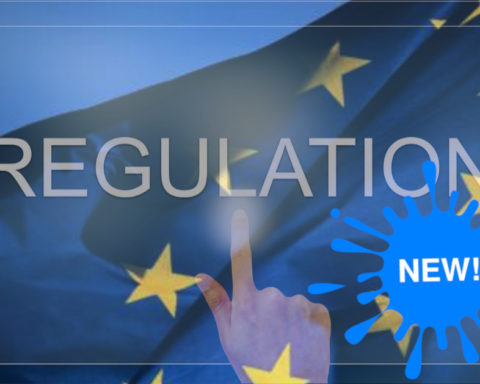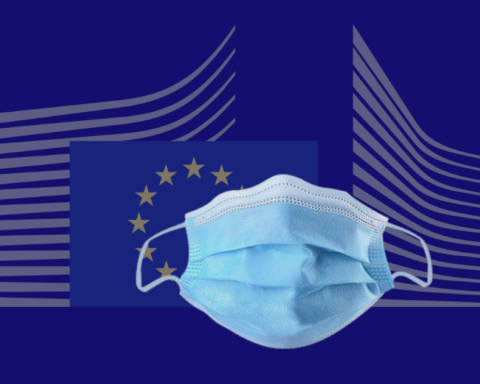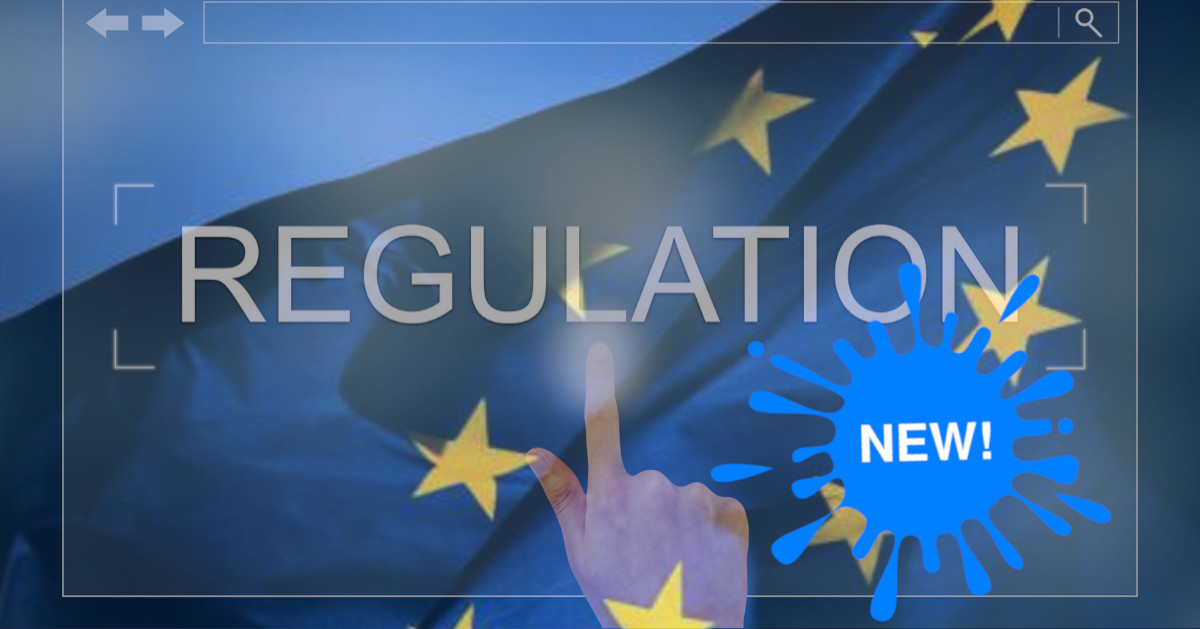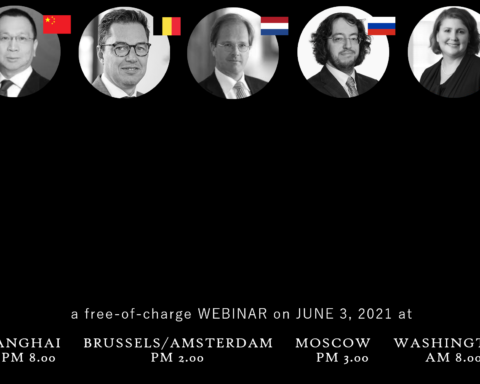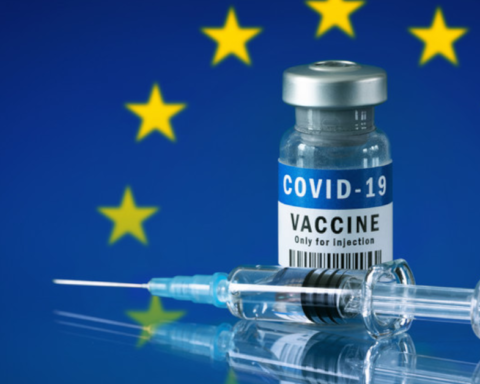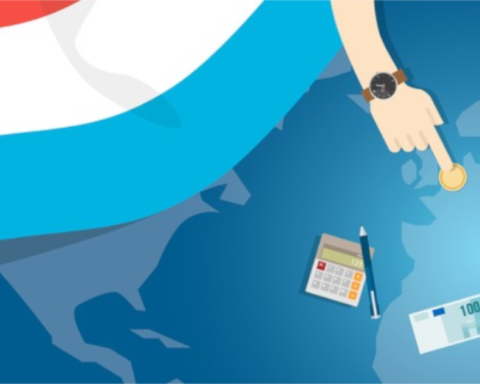As of 9 September 2021, the new dual-use Regulation (EU) 2021/821 applies. Regulation 2021/821 brings some significant changes in the field of export controls. One of its aims is to further harmonize EU laws and regulations in this area. Within this framework, new item codes for declaring the export of dual-use goods have now been introduced.
By Bruce van Schaik & Gerard Kreijen,

Regulation 2021/821 replaces Regulation 428/2009 and sets up a new Union regime for the control of exports, brokering, technical assistance, transit and transfer of dual-use items.
Item codes must be used when an export declaration is made for dual-use goods. Until 9 September, all exports of dual-use goods were covered by item code X002. This code has been replaced by new item codes. The new codes are linked to the various export licences.
Please find below the item codes to be used henceforth:
– X060 for an individual export licence;
– X061 for Union general export licence EU001;
– X062 for Union general export licence EU002;
– X063 for Union general export licence EU003;
– X064 for Union general export licence EU004;
– X065 for Union general export licence EU005;
– X066 for Union general export licence EU006;
– X067 for Union general export licence EU007;
– X068 for Union general export licence EU008;
– X070 for a global export licence; and
– X071 for a national general export licence.
EU Member States were rather surprised by this change, as it was not announced prior to its implementation in the EU customs system. Nonetheless, to act in full compliance with applicable customs and export control regulations, companies must take care to use from now on the new codes when making export declarations for dual-use goods.
- The New Item Codes for Declaring Exports of Dual-use Goods - September 24, 2021
- Bruce van Schaik - June 10, 2017


